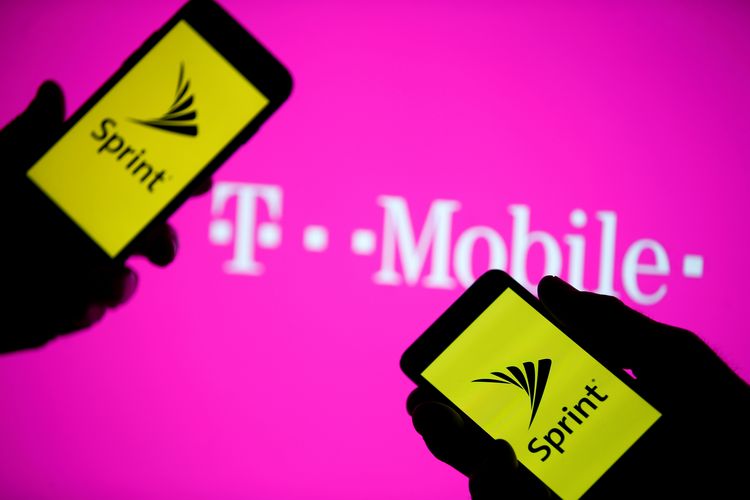As it awaits regulatory approval for its US$26bn merger with T-Mobile, US wireless carrier Sprint is taking no chances when it comes to its existing bonds.
Through a consent solicitation launched this week, the company is asking its bondholders for additional flexibility to merge with its arch rival even if market conditions sour.
Most of Sprint’s outstanding bonds have provisions that require the company to buy back the notes at 101 if any person or group apart from its current owner SoftBank gains control of the company and its credit ratings are lowered.
Based on the deal’s current structure, that is an unlikely scenario.
All three of the main rating agencies said they expect to upgrade Sprint if the merger with T-Mobile goes through, as its credit profile would materially improve through a merger with the stronger and higher-rated rival.
Moreover, all but one of the bonds targeted by the consent solicitation are already trading above the 101 change-of-control call price, in some cases by several points.
Yet a market downturn or the need to rework details of the transaction could potentially alter that calculation, and Sprint is asking bondholders to grant T-Mobile a broad-based exemption from the change of control provisions.
“Let’s say the markets fall and high-yield trades off and all of a sudden a bunch of bonds trade below 101,” said Scott Roberts, head of high-yield investments at Invesco.
“If they can alleviate that risk now, they will do it. If I was their CFO I would do it too.”
A sell-off in the price of its existing bonds is not the only scenario against which the company is trying to protect itself, according to analysts at independent research firm Covenant Review.
The amendment “will provide Sprint with flexibility to close a transaction with T-Mobile without triggering a change of control, even if the deal is restructured or would result in a ratings downgrade,” the analysts wrote in a report this week.
“The companies could change the deal so as to add more leverage on the Sprint structure or so that the T-Mobile guarantees will not be provided, and this amendment would still exempt the transaction from the change of control covenant.”
Sprint is offering compensation to the investors who consent to the changes, which require approval from a majority of holders for each note. It is doing so with a twist, however.
Rather than offering a consent payment expressed as a fixed percentage of the amount held by each investor approving the changes, Sprint has set aside a fixed amount of money that will be split pro rata among consenting investors.
That means that if only a few investors approve the changes, but their holdings are big enough for the consent to go through, those investors will get to split the fee in proportion to their holdings, receiving a bigger payout than if all holders gave their approval.
Ultimately, the structure is seen as leveraging investors’ fear of missing out to encourage participation in the consent solicitation, which is scheduled to expire on Friday.
